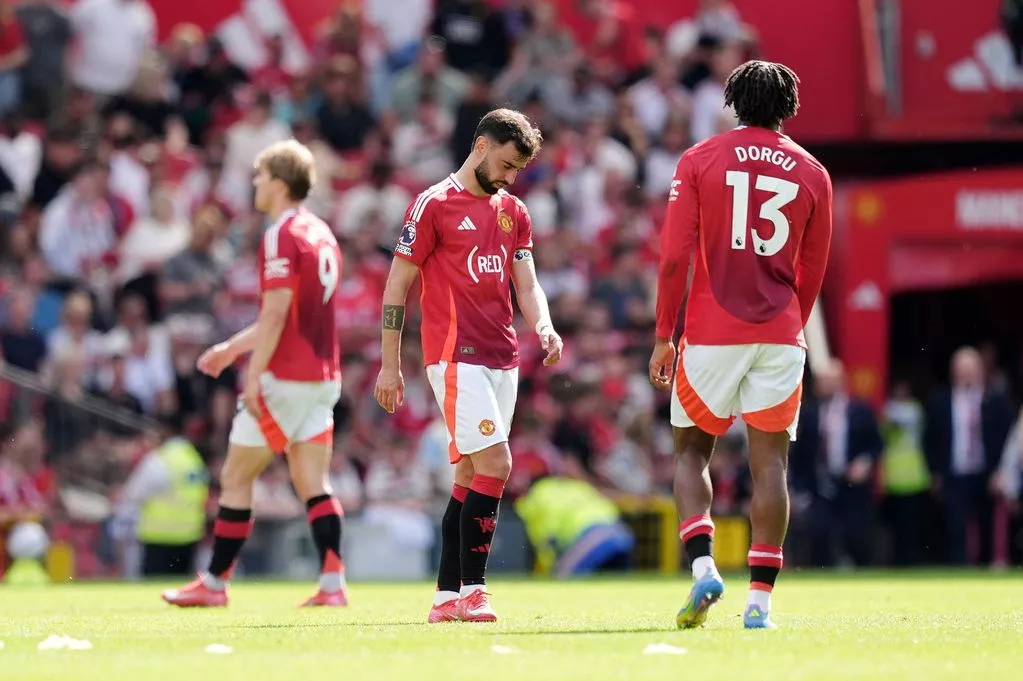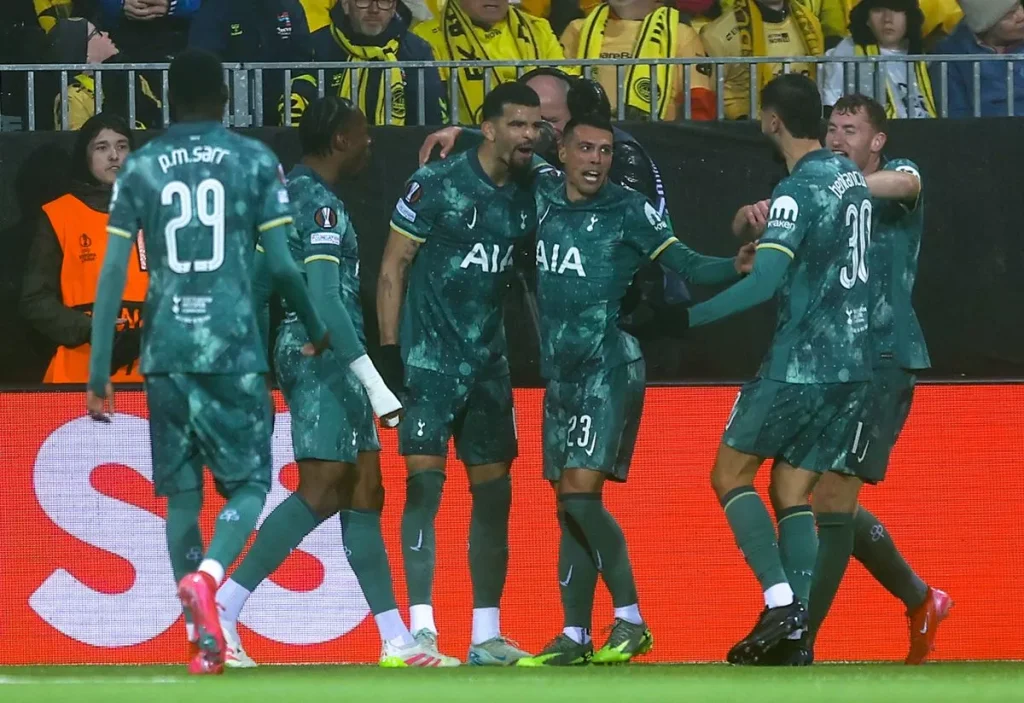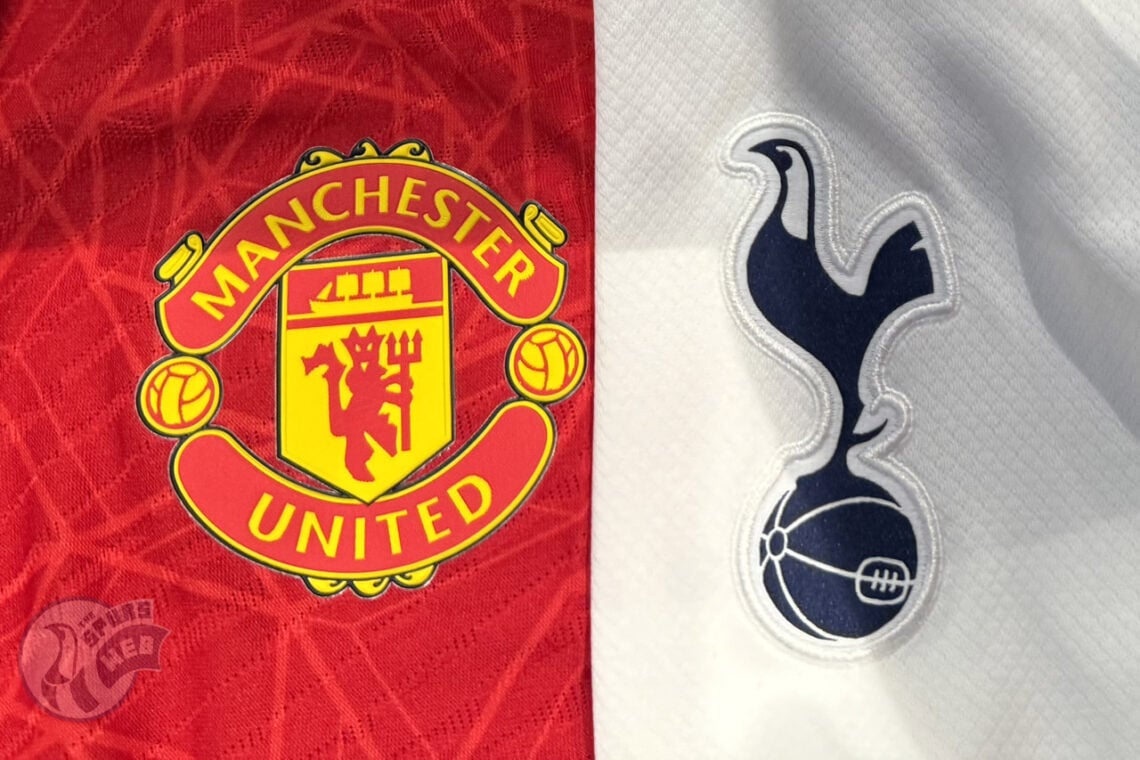The possibility of either Manchester United or Tottenham Hotspur qualifying for next season’s Champions League has sparked fierce debate across the football world, with growing calls for UEFA to reconsider its current qualification rules.
Both clubs find themselves languishing in the lower half of the Premier League table – United in 16th and Spurs in 17th – having collectively lost 37 league matches this season, yet one could secure Europe’s premier club competition by winning the Europa League.
This contradiction has drawn sharp criticism from prominent figures in the game. Richard Keys, the controversial former Sky Sports presenter, took to social media to voice his disapproval: “Only the three relegated clubs are worse.
One or the other is supposed to be playing CL football next season. UEFA have to re-visit that decision now. It shouldn’t be allowed.” His comments reflect a broader concern that Champions League qualification should reward consistent domestic performance rather than serve as a consolation prize for struggling giants.

The debate gained further traction when Arsenal legend Arsène Wenger weighed in during an appearance on Keys’ beIN Sports programme. The former Gunners manager argued: “They should qualify automatically for the Europa League again but not necessarily for the Champions League.
Especially when in the Premier League, five teams have already qualified for the Champions League. This is something UEFA needs to think about and needs to review.” Wenger’s comments highlight the growing imbalance in European football’s qualification system, where a team can finish 17th domestically yet still reach the continent’s top competition.
Gary Neville echoed these concerns, lamenting how financial considerations have overshadowed sporting merit: “Nobody is talking about winning the Europa League to win a trophy. The UEFA Cup and the Cup Winners’ Cup used to be big trophies that clubs could win and you used to think ‘wow, what an achievement.’
Everything now is about a £60m game or a £100m game.” His remarks underscore how modern football’s financial structures have distorted competition priorities, with clubs increasingly viewing European competitions through a purely economic lens rather than as sporting challenges.

The current situation presents UEFA with a complex dilemma. On one hand, the Europa League needs meaningful incentives to maintain its prestige and competitive intensity. The Champions League qualification spot for winners serves this purpose, ensuring clubs take the competition seriously throughout the season.
However, when teams performing so poorly domestically can potentially leapfrog more consistent performers into Europe’s elite competition, it raises legitimate questions about competitive integrity.
This controversy comes at a time when European football’s governing body is already facing pressure to reform its competitions. The recent Champions League expansion and proposed changes to financial fair play rules indicate UEFA is willing to adapt, but the United-Spurs situation suggests further adjustments may be necessary.
One potential solution could involve introducing minimum domestic performance standards for Champions League qualification through Europa League success, ensuring only teams demonstrating basic competence in their domestic leagues can benefit from this backdoor route.
As Manchester United and Tottenham prepare for their Europa League final showdown, the broader implications extend far beyond these two clubs. The match has become a lightning rod for debates about sporting merit, financial inequality, and the soul of European competition.
Regardless of who emerges victorious in Bilbao, UEFA faces mounting pressure to address these fundamental questions before the current system loses all credibility with fans and stakeholders alike.
The coming months may prove pivotal for European football’s future direction. With traditional powerhouses struggling domestically yet still accessing elite competitions through alternative routes, the game’s governing bodies must carefully balance maintaining competitive excitement with preserving fundamental sporting principles.
One thing is certain – the status quo appears increasingly unsustainable as the gap between financial might and on-pitch performance continues to grow.

